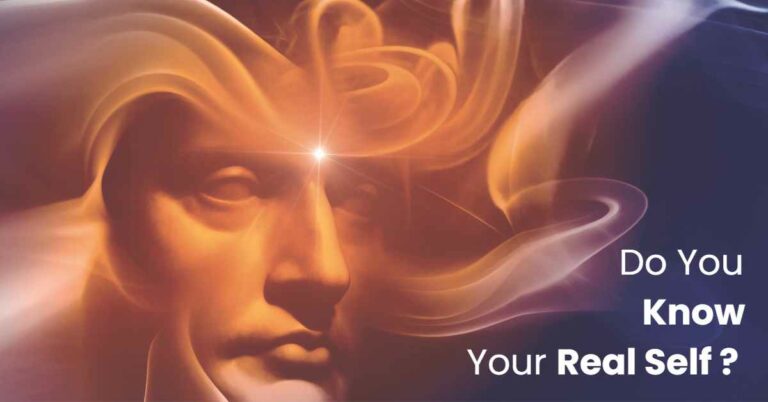
Do you know your real self ? A dissertation on the Self & Consciousness from the view-point of Science, Spirituality, Philosophy, Psychology, Yoga, Religions &
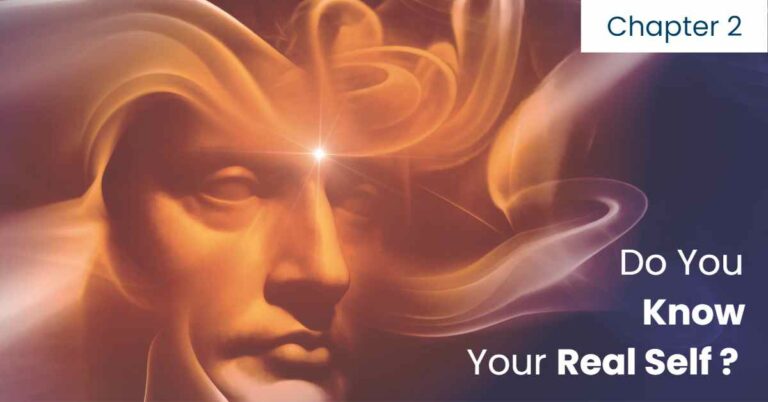
Earlier, we have had a brief overview of some systems of Indian Philosophy such as The Sãmkhya, The Nyãya, The Vaisheshika, etc. We made very quick and short references to only some of the systems and even those also were of a very limited area of these systems. In such a condensed and concise treatment of this subject, our effort to make a few references to other systems of philosophy or to certain philosophers may not be of much merit. However, with the hope that even a very brief reference to some other philosophers would make some contribution to supplement the view expressed earlier, we will add here, selectively, the views of some philosophers in regard to the nature of the Self or Consciousness.
The Greek philosopher, Pythagoras considered the souls as incorporeal essence. He believed in the survival and re-incarnation also of souls. He also thought that the souls were rewarded or punished according to their deeds.
Xenophanes identified Mind with Perception, Thought and Powers of Will and acting. He also asserted that Mind or Thought or God is of divine essence. He said: “Only one God exists, the greatest of gods and humans. Neither in mind nor in body does He resemble us mortals. He is wholly the Eye and the Ear and wholly Thoughts, Power of Will and acting.”
Anaxagorus said that Nous, i.e., Mind, is the most rarified or subtle thing and it has the knowledge with respect to everything and has the greatest power.
Democritus opined that the soul was atomic and was energy like (yellow-red) fire.
Socrates has very clearly spoken of the soul as different from the body. He explained that the body is mortal and the soul is immortal and is subject to some moral laws. As reported in Phaedo (the dialogue in which Plato describes Socrate’s last hours in prison before his death), Socrates said that Mind or Thought or Reason always pursued an aim, purpose or end. He said that man should try to live for what was best. Socrates had so strong a belief in the self as a moral entity that he preferred to take a cup of poison and die rather than run away from Athens. It is clear that he believed that soul or consciousness survived physical death and that it had a moral dimension.
Plato recognised Mind or Soul as an active principal, working to control the body. He thought that the soul had two stages of development — the irrational stage (seated in the heart or the lower body) and the rational stage (seated in the head).
According to Plato, human behaviour flowed from three main sources (1) desire, (2) emotion and (3) knowledge. He characterised soul by three signs — (1) Movement (2) Sensation and (3) Incorporeality. He said that the Mind has three parts (1) Reason (2) Activity, Energy or Liveliness (Thymod) and (3) the lower appetities. He said that there is a struggle between the lower and the higher ones.
Aristotle thought that there are two parts of a soul — lower (irrational) and higher (rational) and that the higher soul survives physical death. Like Socrates, he also thought that moral action be done for its own sake because Virtue is its own reward.
Thus, the early Greek Philosophy seems to suggest that most of the famous philosophers believed that the Self is different from the body. Though there is not much of clarity and homogenity, yet at least this much is clear that Pythagoras and Socrates believed in the existence of an immortal soul that continued to exist even after the body and reincarnated also.
Among other philosophers, special mention may be made of Thomas Acquinas (A.D. 1225), Descarte (A.D.1596) and Leibniz (1646-1716).
Thomas Acquinas discussed philosophically many aspects of the metaphysical self and of God. From his writings, it seems that he believed in the survival of the soul after the death of the body. He also said that Emotions and Will are subordinate to intellect.
Descarte’s statements “Cogito ergo sum” — I think, therefore I am and “Dubita ergo sum”, i.e., even if you doubt in your existence, your doubting proves your existence. He explained that the pineal gland was the seat of the soul and , from there, the soul worked with the body as one works with a machine. He suggested inter-actionism as the solution to the body-mind contact problem. His mechanical and reductionist approach was criticised by many others later and is critised to this day. Some even alleged that he talks of “ghost in the machine”. Descarte’s ‘atomic analysis’ of the psychic structure, no doubt, neglects the fluid continuity of experience. His idea that the soul dwells at the pineal gland may also not be correct but this does not means that his body-mind dualism is wrong. He has argued very logically that the soul is separate from the body.
Leibniz said the soul is like a Monad or an atom. He emphasised that it is infinitesimal. He advocated the plurality of souls.
Kant teaches, by contrast, that the things in themselves are unknowable. Yet he makes strong suggestion that, as moral characters, we are ourselves things-in-themselves. He also said that, even if soul, world and God do not exist as separate entities, it is better to think on if these do exist because this approach enables to discuss and solve many problems about cosmos and the nature of Reality. His emphasis on moral aspects of soul or Consciousness promoted values in life.
Thus, we find that most of the above philosophers also believed that the soul is an entity different from the body.

Do you know your real self ? A dissertation on the Self & Consciousness from the view-point of Science, Spirituality, Philosophy, Psychology, Yoga, Religions &
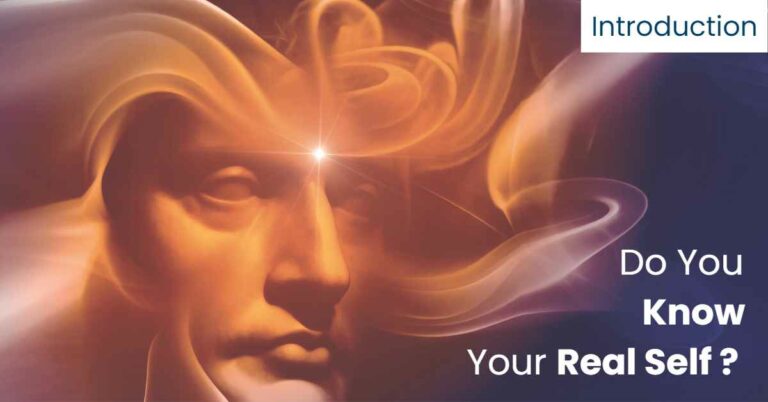
Knowing the Conscious and the Unconscious Consciousness is believed by all as the substratum of all human actions. Man’s thoughts, understanding, judgement, perceptions, learning, feelings,
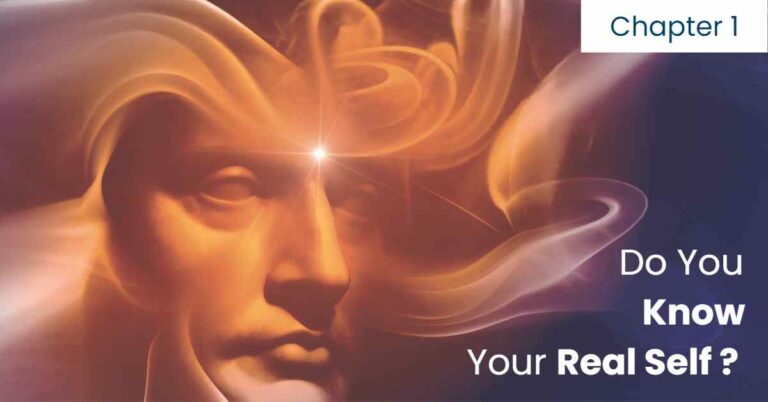
Chapter 1 The nature and identity of the self in the light of Common Logic & Indian Philosophy “Do you know your real self ?

Chapter 2 Consciousness in the light of the views of some other philosophers Earlier, we have had a brief overview of some systems of Indian
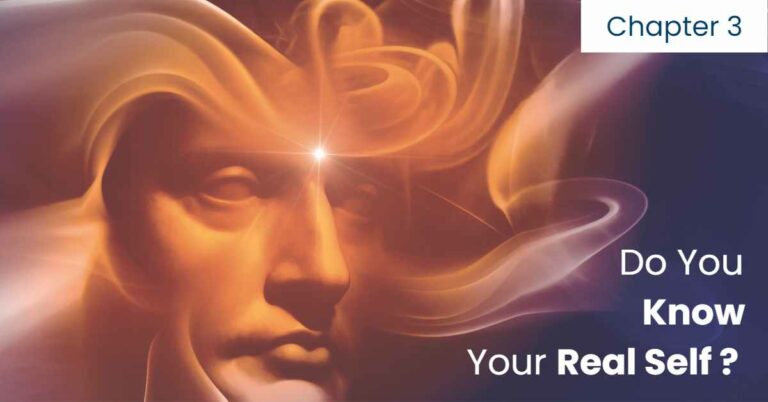
Chapter 3 Consciousness from the Spirituo-Scientific Perspective of Rajyoga In this paper, the term ‘Spiritual’ or ‘Spirituality’ does not refer to any particular religion nor
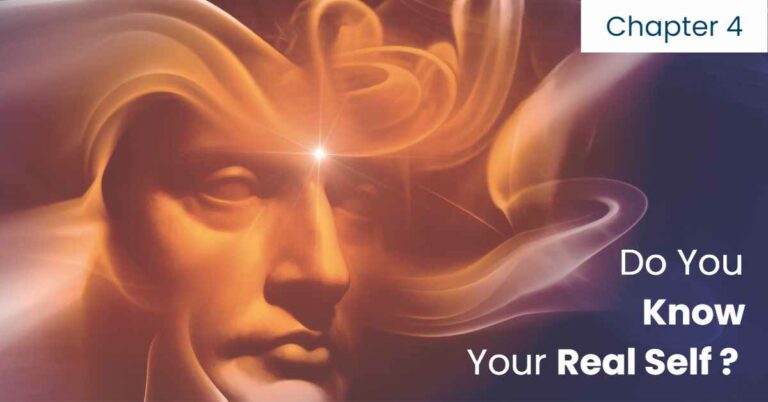
Chapter 4 Consciousness from a Religio-Spiritual Perspective (A part of author’s Paper-II, presented at the International Conference on Science and Consciousness) Before Science came on
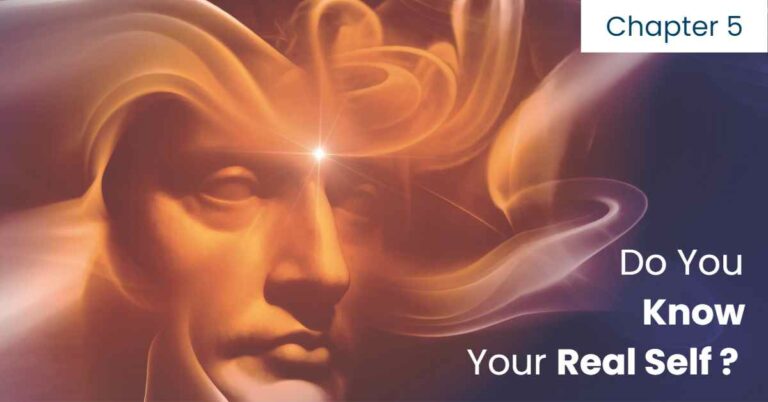
Chapter 5 Consciousness or Self From the Perspective of various Sciences and Spirituality If we think deeply on the nature of Thought, Emotions, Will, etc.,we
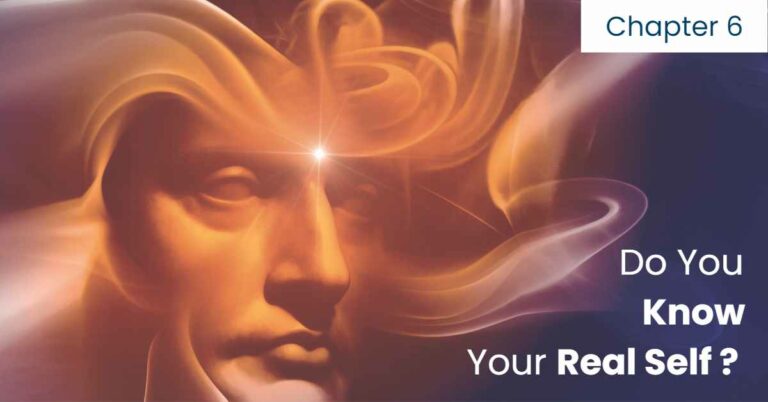
Chapter 6 Consciousness or Self and Some Systems of Psychology Earlier, in other chapters, we have discussed Conscious-ness with reference to Science, some systems of
Start your day with a breeze of positivity and stay motivated with these daily affirmations
After Clicking on Join, You will be redirected to Whatsapp Community to receive daily message. Your identitiy will be secured and no group member will know about another group member who have joined.